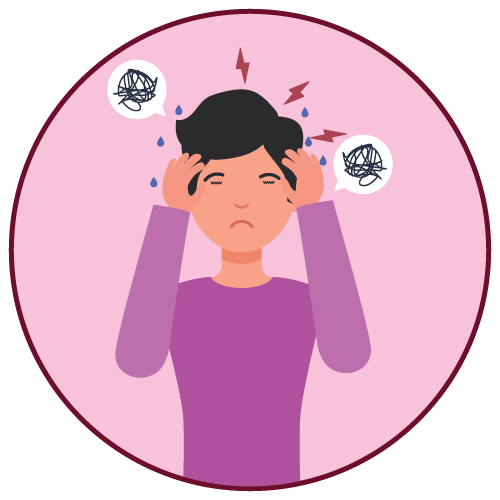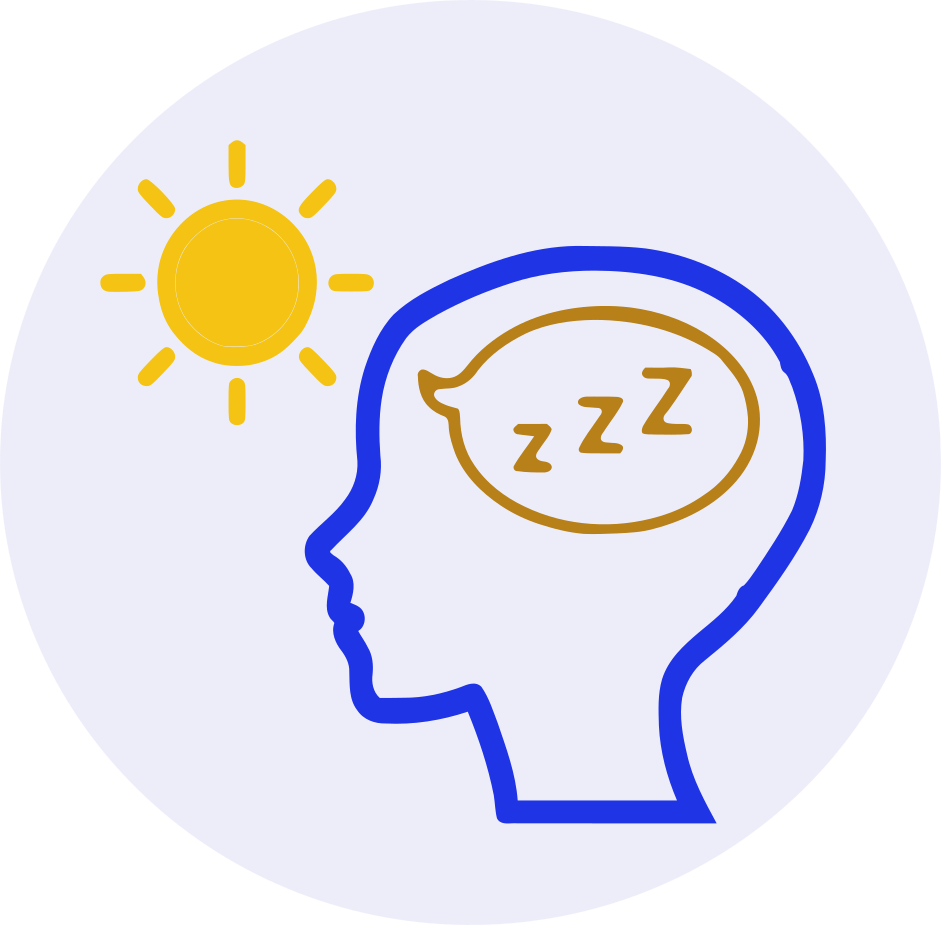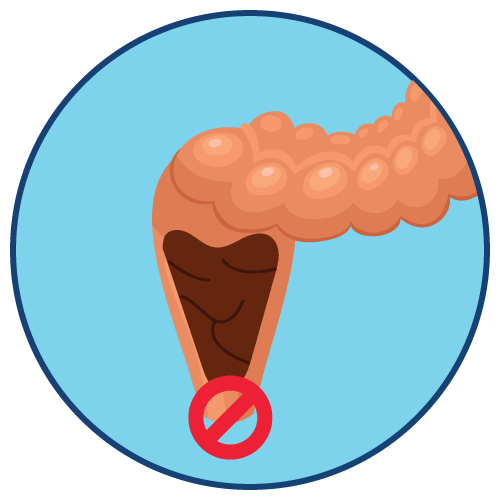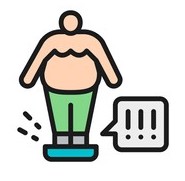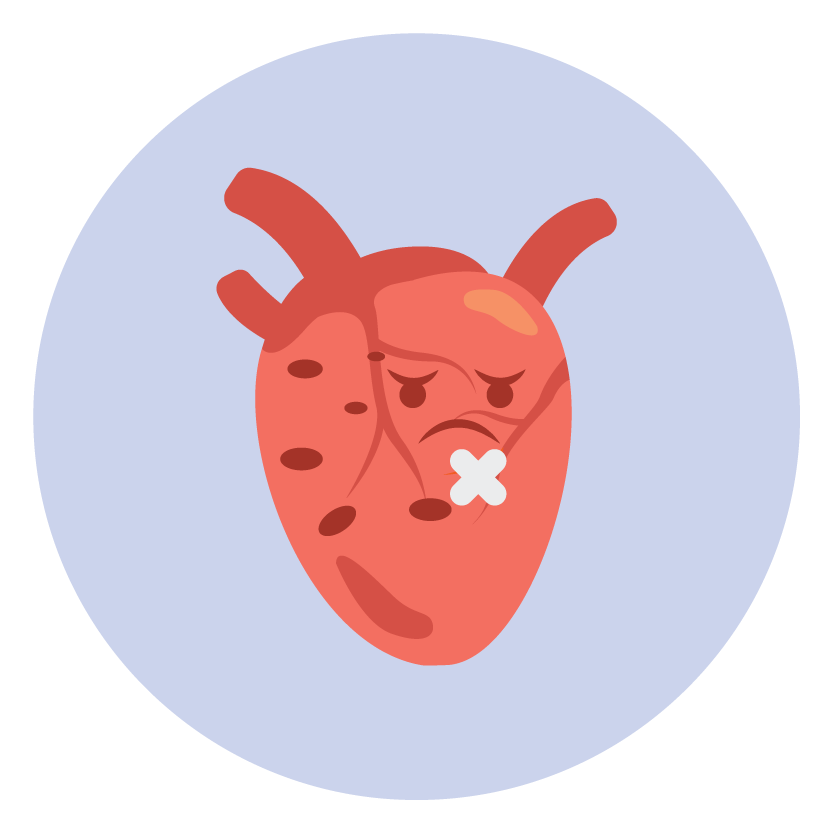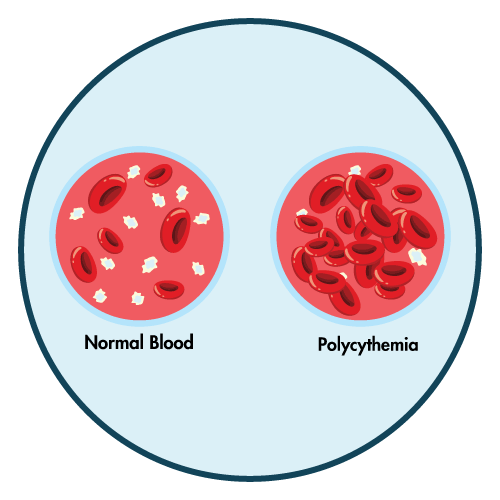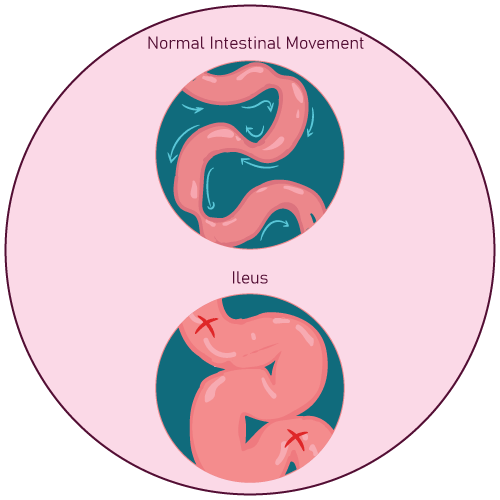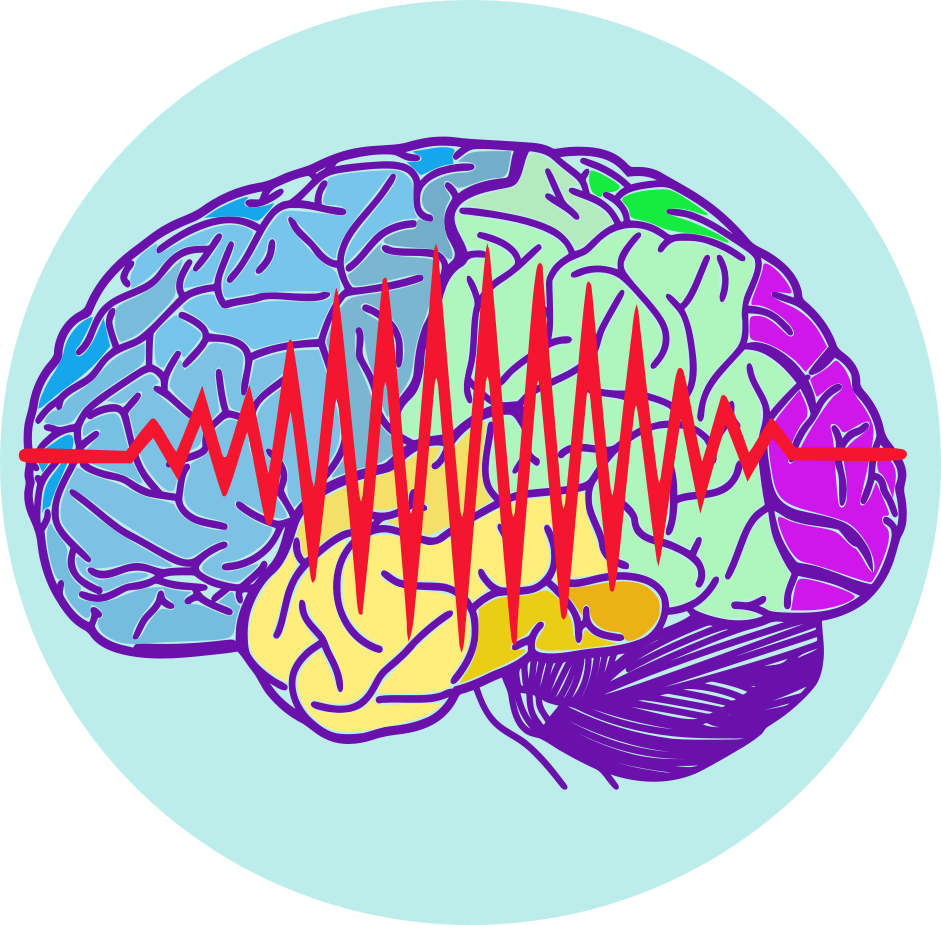| Name | Clozapine |
| Classes |
Central Nervous System Agent Psychotherapeutic Agent Atypical Antipsychotic |
| Diseases |
Combatness Delusion Emotion Injurious Behaviour Lack of Speech Mental Disorder Suicidal Activity Toughtfulness |
Clozapine
Clozapine is a medication that belongs to a class of drugs known as atypical antipsychotics. Clozapine works by blocking the effects of certain chemicals in the brain, such as dopamine and serotonin, which can cause symptoms of schizophrenia. It also blocks the effects of acetylcholine, a chemical that regulates mental functions such as attention, learning, and memory.
Clozapine is indicated in-
- Treatment-resistant schizophrenia
- Psychosis during the course of Parkinson's disease
Treatment-resistant schizophrenic patients:
- On the first day, the recommended dose is 12.5 mg once or twice and on the second day, the dose is 25 mg once or twice. If tolerated well, the daily dose may be increased gradually in increments of 25-50 mg, with a target of reaching a maximum dose of 300 mg per day within 2 to 3 weeks. If more is needed, the daily dose can be increased by 50-100 mg at intervals of every half a week or weekly.
- Most patients can expect to see improvement with a daily dose of 200 to 450 mg given in divided doses. The total dose can be divided unevenly, with a larger portion taken at bedtime.
- Once maximum improvement has been achieved, many patients can maintain their condition with lower doses, so a careful reduction is recommended. Treatment should last at least 6 months. If the daily dose does not exceed 200 mg, taking the dose in the evening once a day may be appropriate.
- When ending Clozapil therapy, it is recommended to reduce the dose gradually over a period of 1 to 2 weeks. If abrupt discontinuation is necessary, the patient should be monitored for withdrawal reactions.
Psychotic disorders occurring during the course of Parkinson's disease, in cases where standard treatment has failed:
- Starting Treatment: The initial dose should not exceed 12.5 mg per day, taken in the evening. Doses can be increased by 12.5 mg increments, with a maximum of two increments per week, up to a maximum of 50 mg per day, which should be reached by the end of the second week. Ideally, the total daily dose should be taken in a single dose in the evening.
- Therapeutic Dosage Range: The average effective dose is usually between 25 and 37.5 mg per day. If a dose of 50 mg per day for at least one week does not provide a satisfactory response, the dose can be cautiously increased by 12.5 mg per week.
- Maximum Dosage: The maximum dose of 50 mg per day should only be exceeded in exceptional cases, and the maximum dose of 100 mg per day should never be exceeded.
- Dosage increases should be limited or delayed if orthostatic hypotension, excessive sedation, or confusion occur. Blood pressure should be monitored during the first few weeks of treatment.
- Maintenance Dosage: If the patient experiences complete remission of psychotic symptoms for at least 2 weeks, anti-parkinsonian medication may be increased if necessary based on motor status. If this leads to a recurrence of psychotic symptoms, the dose of Clozapine may be increased by increments of 12.5 mg per week up to a maximum of 100 mg per day, taken in one or two divided doses.
- Ending Treatment: It is recommended to gradually reduce the dose by 12.5 mg increments over a period of at least one week, preferably two weeks.
- Treatment should be immediately discontinued if the patient develops neutropenia or agranulocytosis. In such cases, careful psychiatric monitoring is necessary, as symptoms may return quickly.
Common side effects of clozapine include:
- Drowsiness or sleepiness
- Constipation
- Dry mouth
- Increased appetite and weight gain
- Blurred vision
More serious side effects include:
- Seizures
- Abnormal heart rhythm
- Low white blood cell count
- Increased risk of developing blood clots
- Risk of developing agranulocytosis, a condition in which the body's white blood cells are depleted
-
Blood monitoring: Regular blood monitoring is necessary for patients taking clozapine, as it can cause a decrease in white blood cell count.
-
Seizures: Clozapine can increase the risk of seizures, especially in patients with a history of seizures or a condition that predisposes them to seizures.
-
Suicidal behavior: Clozapine may increase the risk of suicidal thoughts and behavior, especially in patients with a history of suicidal behavior or in those who are undergoing sudden changes in dose.
-
Cardiac effects: Clozapine can cause heart-related side effects, such as an irregular heartbeat. Patients with a history of heart disease should use clozapine with caution.
-
Pregnancy and breastfeeding: Clozapine should not be used by pregnant women or women who are breastfeeding, as its safety in these populations has not been established.
Contraindication
Clozapine is contraindicated in patients with a previous hypersensitivity to clozapine or any other component of this drug.
None known.
Clozapine is contraindicated in patients with-
- myeloproliferative disorders such as chronic myelogenous leukemia, polycythemia vera.
- uncontrolled epilepsy
- paralytic ileus
- history of Clozapine induced agranulocytosis or severe granulocytopenia
- severe central nervous system depression or comatose states from any cause
 Bangla
Bangla English
English